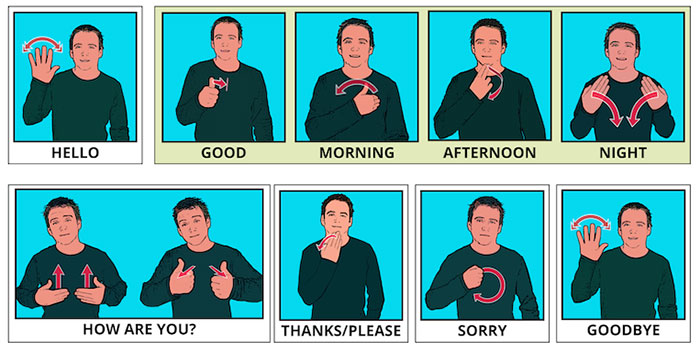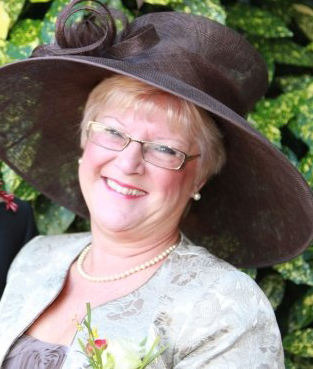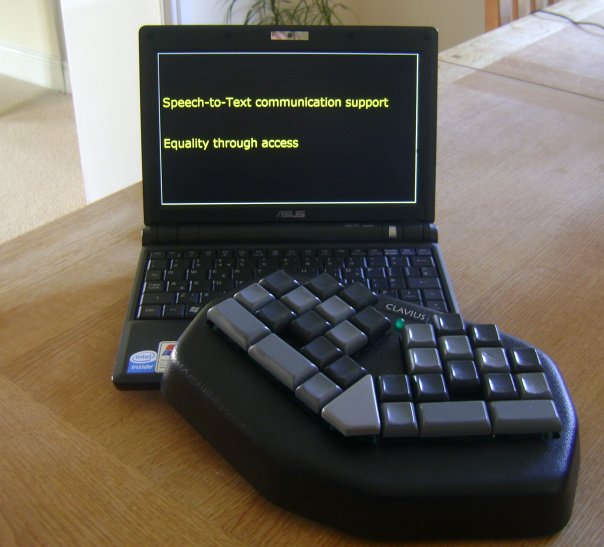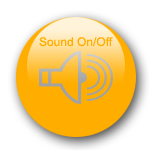BSL interpreting from experienced professionals
British Sign Language, or BSL as it’s abbreviated, is the visual language for thousands of people across the UK.
There is a persisting myth that all deaf people know sign language, but in reality, out of the approximately 12 million people in the UK who are deaf or hard of hearing, only around 80,000 know BSL.
For those who do know how to communicate through it, sign language gives a freedom and independence that changes lives.
What is BSL?
It may surprise many people to know that there isn’t one universal type of sign language.
Just like spoken languages, most countries have their own versions, and even within the UK there are regional dialects.
These regional differences come from the residential schools for the deaf in the 19th and 20th Centuries, where children and teachers would have their own unique signs.
These children then grew up in that area, and so regions took on their own “accents”.
Again, just like spoken regional dialects, people can still understand one another despite the subtle differences.
As well as having regional dialects, BSL also has differences across the generations. The signing of older Deaf people is often quite different from the signing of younger Deaf people.
Many signs that are recognised as ‘regional variants’ are used by older people, and there is some evidence that dialects are less strong among younger signers.
It’s also a surprise to people to learn that sign language isn’t simply a translation of spoken word; it’s a language unto itself.
BSL is a richly expressive language, with distinctive grammar using handshapes, facial expressions, gestures and body language to convey meaning.
Why should you use BSL interpreting?
By opening the door to BSL interpreting, you are not only inviting more clients/customers into your business, but you’re declaring your commitment to disability access and equality.
And there are of course specific situations where BSL interpreting is extremely important.
Many deaf people need an interpreter during an emergency situation, such as A&E, issues with children, or medical problems.
These situations tend to already be highly stressful, and not being able to communicate compounds the problem.
Many deaf people rely on family members during a medical consultation, but BSL interpreting in hospitals and GP surgeries can easily overcome this obstacle, allowing a deaf person to have a confidential 1-to-1 meeting with their doctor.
Call us for all your BSL interpreting needs
121 Captions is owned and run by deaf people who know first-hand the ease of access, and benefits to business, that proper BSL interpreting provides.
Founder and director, Tina Lannin discovered how hard it was to get good communication support while at university and during her career, and so founded 121 Captions with the aim of making life easier for deaf and hard of hearing people.
Our core team at 121 Captions not only includes sign language interpreters, but court reporters and captioners, professional lip readers, certified lipreading teachers, and deaf awareness trainers.
If you would like to know more about BSL interpreting, or any of the other services we offer, please don’t hesitate to contact us today.








Leave a Reply
Want to join the discussion?Feel free to contribute!